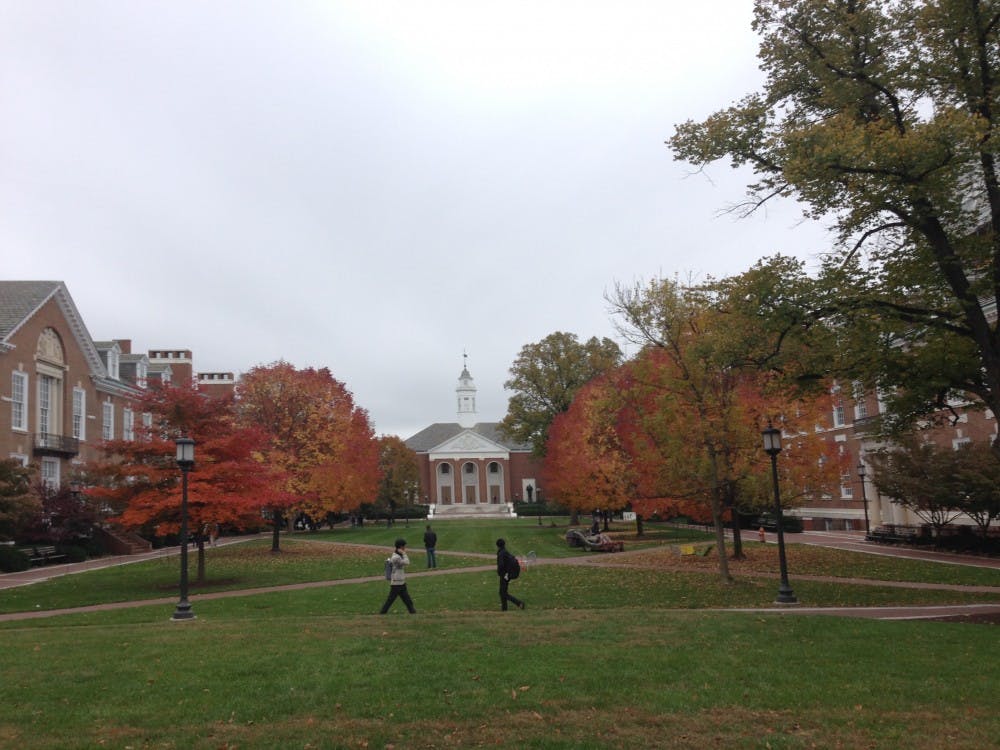By REGINA PALATINI Senior Staff Writer
Did you know that as you navigate the quads, pathways and halls to class each day you may unknowingly be increasing the function of your hippocampus? A new study by scientists at Carnegie Mellon University (CMU) has determined that when someone learns in-depth navigation information, the activity causes changes in the brain’s hippocampus.
The hippocampus is located within the temporal lobes of the brain, adjacent to the amygdala. It is a horseshoe-shaped paired structure with one hippocampus located in the left brain hemisphere and the other in the right. It is the part of the brain that is involved in spatial orientation, the consolidation of new memories, emotional responses and navigation. As part of the limbic system it is particularly vital in the formation of new memories.
Fifteen years ago a study showed that cab drivers who drove around the complex roads of London had enlarged hippocampi. The logical question following this finding was: Were individuals with larger hippocampi drawn to working as London cab drivers, or did the practice of driving a London cab increase the size of their hippocampus?
A recent article published in NeuroImage by scientists from CMU has shown that even brief navigation exercises cause a change in the hippocampus of a person’s brain and that this change subsequently increases the changed brain tissue’s ability to communicate with other areas that are involved in the navigation process.
Their findings show a significant relationship between structural and functional brain changes that occur during spatial learning.
“The hippocampus has long been known to be involved in spatial learning, but only recently has it been possible to measure changes in human brain tissues as synapses become modified during learning,” Tim Keller, a senior research scientist in CMU’s Department of Psychology and Center for Cognitive Brain Imaging, said in a press release. “Our findings provide a better understanding of what causes the hippocampal changes and how they are related to communication across a network of areas involved in learning and representing cognitive maps of the world around us.”
The CMU study consisted of 28 young adults who were new to participating in action video games. Specifically, the game they played consisted of driving simulation. One group, the spatial learning group, drove the same route 20 times. The second group, the control group, drove for the same amount of time but the route was different each time. Before and after all of the training sessions, each participant’s brain was analyzed using a technique that measures water molecule movement, called diffusion-weighted imaging (DWI), and a technique that measures brain activity, called functional magnetic resonance imaging (fMRI).
After all of the results were analyzed, the researchers found that only the spatial learning group showed brain structural changes in the left posterior dentate gyrus, a part of the hippocampus involved in spatial learning. The scientists found increases in functional connectivity in the synchronization of activity between the left posterior dentate gyrus and the areas of brain regions involved in spatial cognition.
“The new discovery is that microscopic changes in the hippocampus are accompanied by rapid changes in the way the structure communicates with the rest of the brain,” Marcel Just, director of CMU’s Department of Psychology and Center for Cognitive Brain Imaging, said in the release. “We’re excited that these results show what re-wiring as a result of learning might refer to. We now know, at least for this type of spatial learning, which area changes its structure and how it changes its communication with the rest of the brain.”
The CMU researchers have shown that our hippocampus is a vital region of our brain. Without a functioning hippocampus, we would be unable to learn new things, like how to best navigate the Hopkins campus.

















